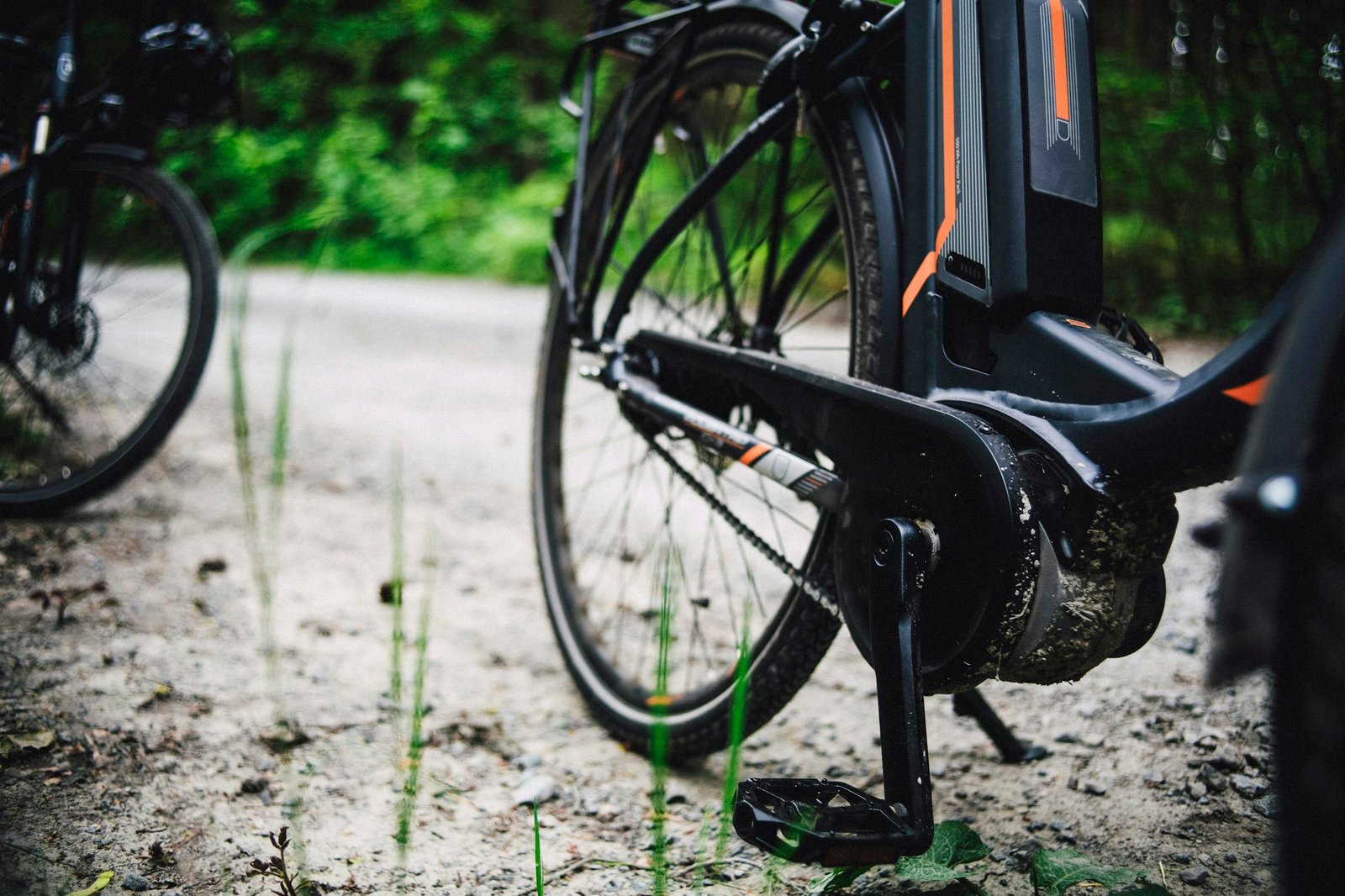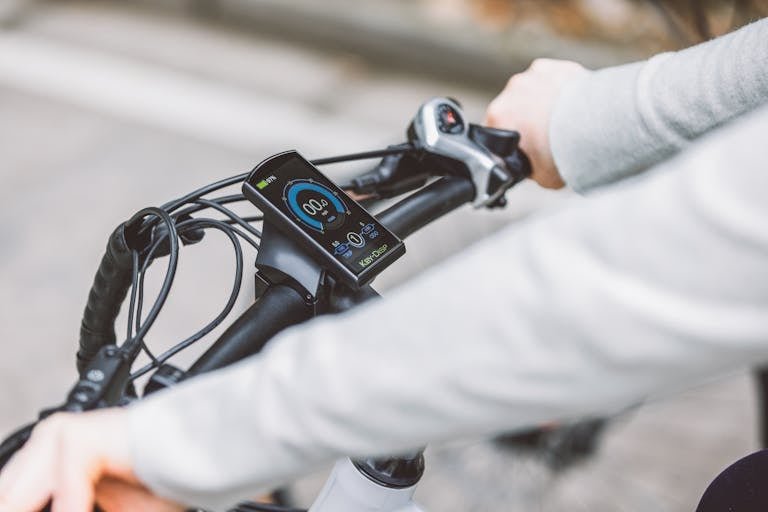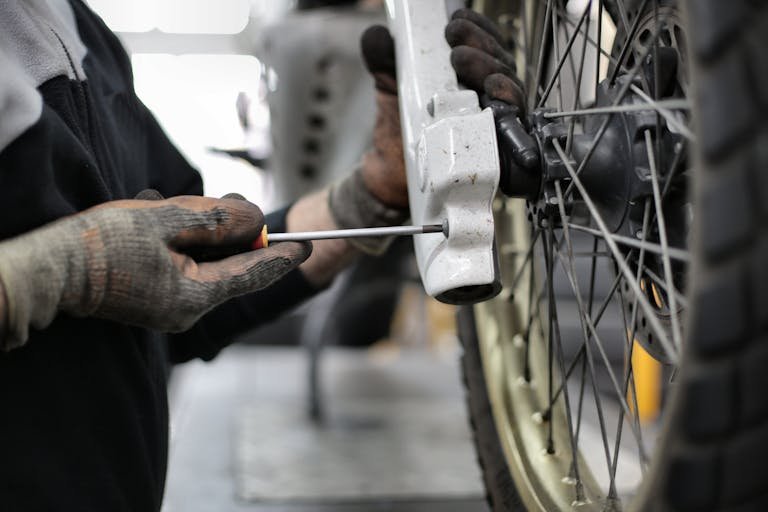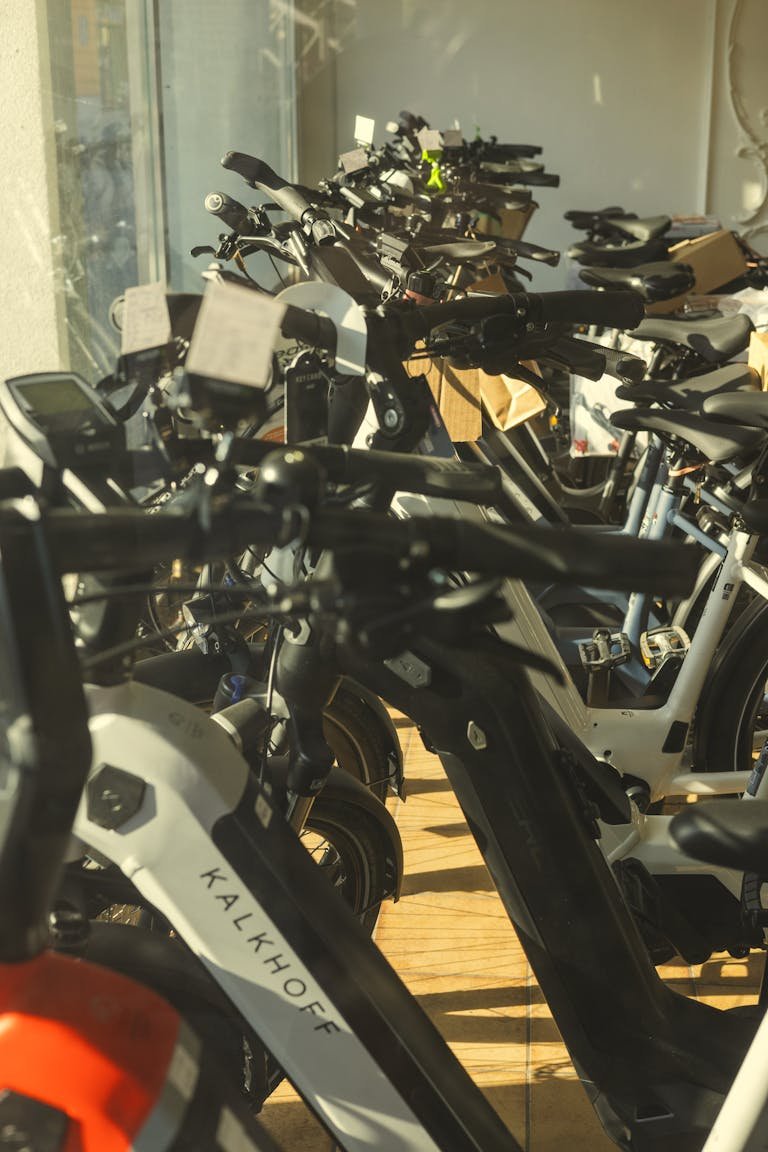Understanding E-Bike Motor Types: Mid-Drive vs Hub Motors
The Heart of Your Electric Bike
The motor is the beating heart of any electric bike. Your choice of motor type can dramatically impact your riding experience, affecting everything from performance and efficiency to overall riding comfort. In this comprehensive guide, we’ll dive deep into the two primary e-bike motor configurations: mid-drive and hub motors.
Mid-Drive Motors: The Centered Powerhouse
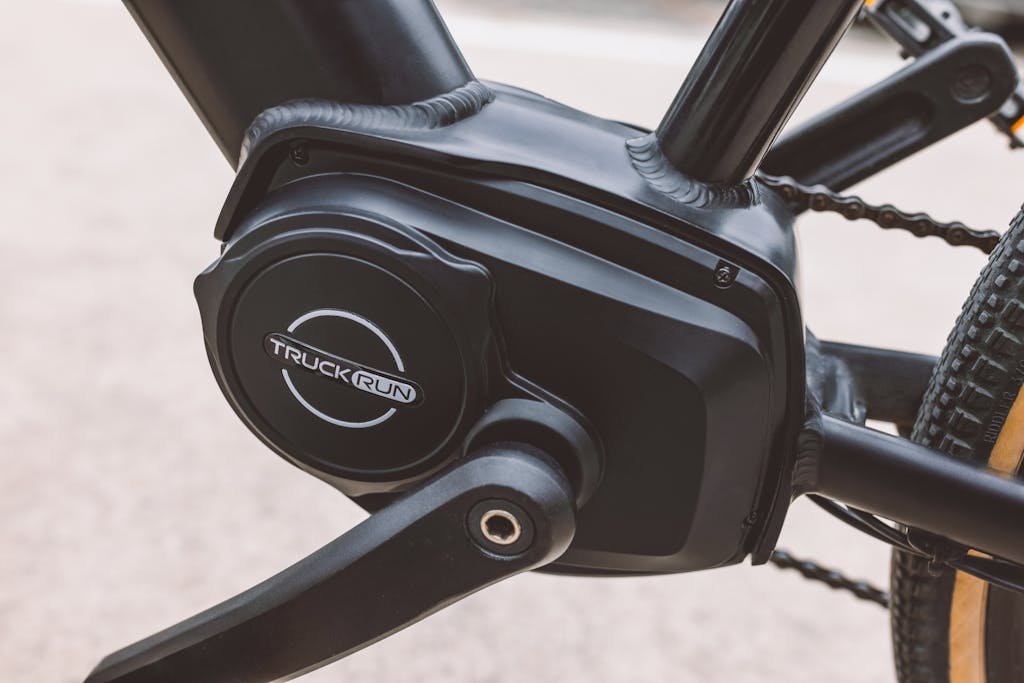
How Mid-Drive Motors Work
Mid-drive motors are positioned at the bike’s bottom bracket, directly connected to the bicycle’s chain and crank set. This central location provides unique advantages in power delivery and overall bike dynamics.
Key Characteristics
- Location: Center of the bicycle frame
- Power Transfer: Directly through the bike’s drivetrain
- Weight Distribution: Centered, low to the ground
- Popular Manufacturers: Bosch, Shimano, Brose
Pros of Mid-Drive Motors
- Centralized weight creates a more balanced riding experience
- Lower center of gravity improves handling and stability
- Leverages bicycle’s existing gearing system
- More natural pedaling feel
- Better hill-climbing capabilities
- Works seamlessly across different gear ratios
- Excellent performance on varied terrain
- Better for technical mountain biking and challenging routes
- Standard tyres change procedure
Cons of Mid-Drive Motors
- More complex engineering
- More expensive to manufacture and replace
- Premium pricing compared to hub motors
- Additional stress on bicycle’s drivetrain
- More frequent chain and gear wear
- Requires more technical maintenance
- Slightly heavier than hub motors
- Can add significant weight to the bicycle frame
Hub Motors: The Wheel-Mounted Wonder
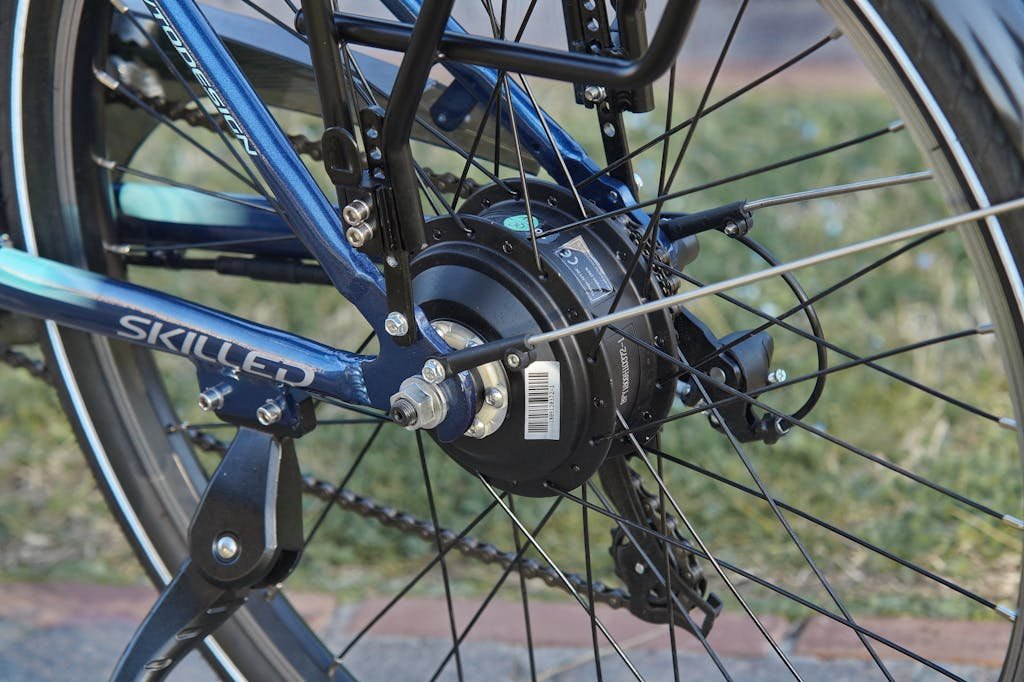
How Hub Motors Work
Hub motors are integrated directly into the wheel’s hub, either in the front or rear wheel. They operate independently of the bicycle’s drivetrain, providing a straightforward power delivery method.
Key Characteristics
- Location: Inside wheel hub (front or rear)
- Power Transfer: Direct wheel rotation
- Weight Distribution: Concentrated in wheel
- Popular Manufacturers: Rad Power, Bafang, Xiongda
Pros of Hub Motors
- Simpler design
- Less expensive to manufacture
- More budget-friendly e-bike options
- Fewer moving parts
- Less wear on bicycle’s drivetrain
- Simpler repair and replacement
- Less mechanical noise
- Smoother power delivery
- Ideal for urban commuting
Cons of Hub Motors
- Less effective on steep or uneven terrain
- Reduced hill-climbing ability (front hub motors have the lost grip capabilities)
- Less responsive gear shifting
- More complex tyre change procedure (especially for rear hub motors)
- Concentrated weight in wheel
- Can affect bicycle handling
- Potential balance issues
- Less direct power transfer
- More energy loss during power transmission
Comparative Analysis: Mid-Drive vs Hub Motors
Performance Metrics Comparison
| Feature | Mid-Drive Motors | Hub Motors |
|---|---|---|
| Hill Climbing | Excellent | Limited |
| Efficiency | High | Moderate |
| Cost | Higher | Lower |
| Maintenance | More Complex | Simpler |
| Weight Distribution | Balanced | Wheel-Concentrated |
| Terrain Versatility | Superior | Basic |
Recommendations by Rider Type
Commuters
- Recommended: Mid-drive motors
- Reasons: Balanced weight, efficient city riding, smooth power delivery
Mountain Bikers
- Recommended: Mid-drive motors
- Reasons: Superior terrain handling, better hill climbing, natural pedaling feel
Casual Riders
- Recommended: Hub motors
- Reasons: Lower cost, simple maintenance, easy operation
Making Your Choice: Factors to Consider
- Budget
- Intended riding terrain
- Fitness level
- Maintenance comfort
- Performance expectations
Conclusion
Choosing between mid-drive and hub motors isn’t about finding a universal “best” option, but selecting the right motor for your specific needs. Each type offers unique advantages, and the ideal choice depends on your riding style, budget, and performance requirements.
By understanding these motor types’ nuances, you can make an informed decision that transforms your cycling experience. Whether you’re commuting, exploring trails, or enjoying leisurely rides, the right motor can make all the difference.

